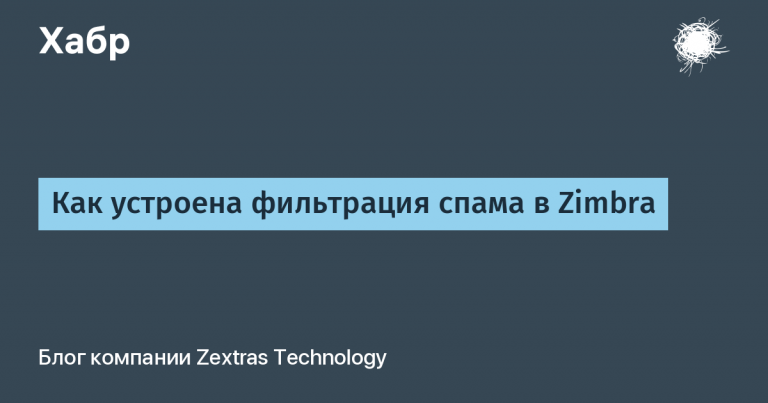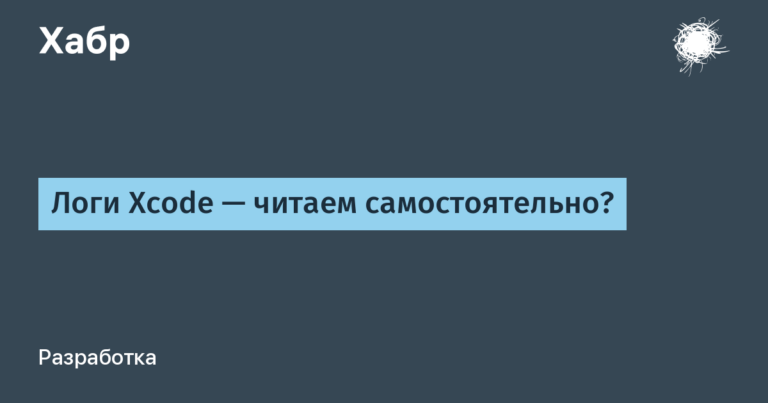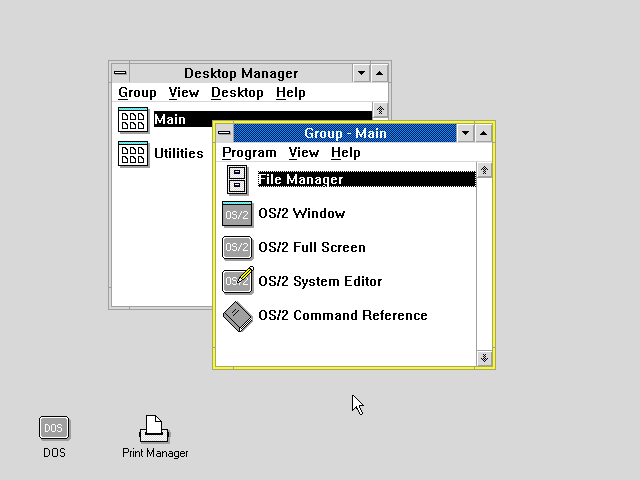How to get into a Chinese university
China recently eased or lifted most of the restrictions related to the coronavirus, and in this regard, I would like to describe my experience of applying to a Chinese master’s program.
There are several universities in China that are highly ranked by QS:
-
Tsinghua University – located in Beijing, the main technical university, although there are popular destinations. By the way, GG works here in the “Three-Body Problem”.
-
Peking University – as the name implies, it is also located in Beijing, where the humanities are better represented. A feature is very high language requirements, even for technical specialties.
-
Shanghai Jiao Tong University – located in Shanghai, as far as I know, the technical areas are as strong as in Tsinghua, and considering that more foreigners live in Shanghai (at least lived until 2020) and that Shanghai has a better climate, I think this is one of the best options.
-
Fudan University – located in Shanghai.
-
Zhejiang University is located in Hangzhou, the capital of Zhejiang Province.
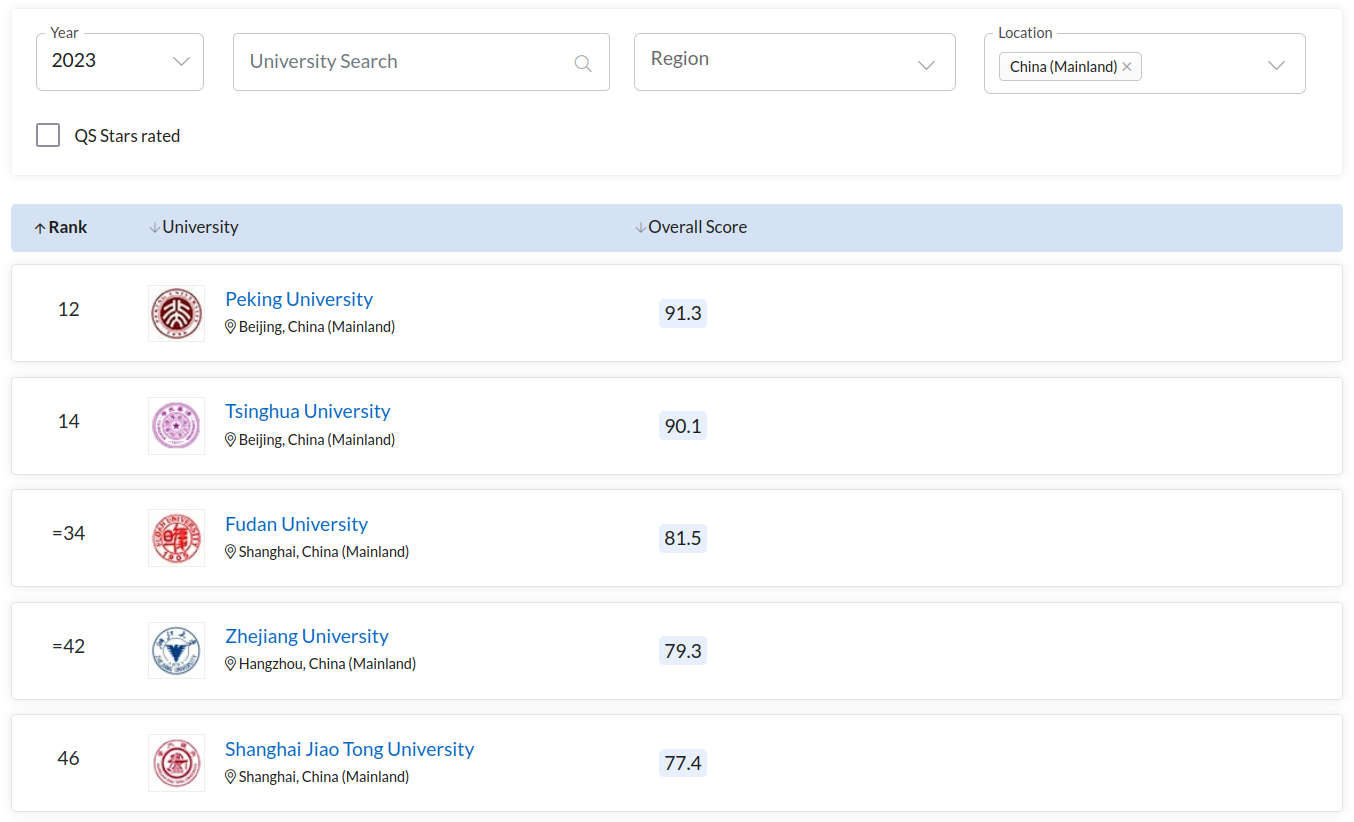
QS ranking of Chinese universities
Tsinghua and Beijing constantly compete for first place, the other three, respectively, for third. I’m not too familiar with the last two universities, so I’m including them for reference.
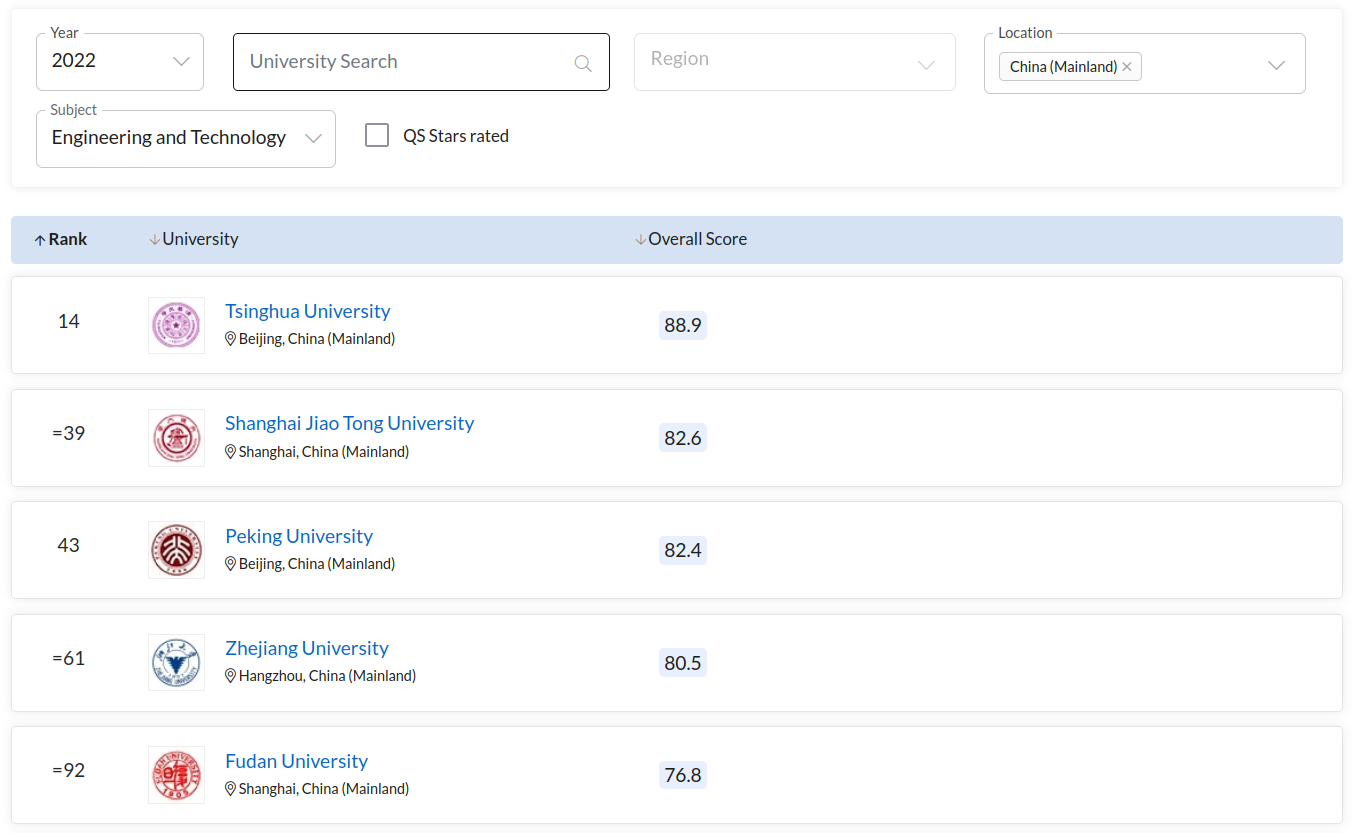
Language Requirements
English
In Chinese universities, there are quite a few, I would say 30 percent, programs in English, for admission to which, accordingly, Chinese is not required. For technical majors, you usually need 80-85 for TOEFL, or a similar amount for IELTS. Peking University stands out here, in which the minimum requirements are about 100 points for TOEFL (as far as I understand, more than at MIT). At the same time, for example, in my program in Chinese, about 40% of the courses that you can choose are still in English. In addition, all presentations and textbooks are in English, you can do homework and write exams in English. But all international students will need to take at least a basic Chinese course.
Chinese
For those who are already learning Chinese, this information is probably not very useful, but for the rest, the levels of Chinese will still not say anything, nevertheless. Usually for technical specialties you need the 5th HSK, sometimes the 4th written is enough for a high score. Beijing everywhere requires the 6th HSK.
As far as I know, the probability of being accepted does not depend much on the level of the language, if you meet the minimum requirements.
Submission of documents
I applied in Tsinghua and Jiao Tong, since they sent me invitations to both rather quickly, I didn’t consider other places, so I’ll tell you about them, but in the rest the situation is about the same.
Submission of documents begins in November and has several deadlines. The first deadline is around mid-December, before it you need to have time to apply for those who want to apply for scholarships, for those who just want to study for a fee, there is time until spring, or maybe even longer if you write to the university.
I applied to the magistracy, so I don’t know exactly the list for the bachelor’s, but it should overlap with this except for the diploma.
From the documents you need to prepare:
-
Transcript of grades, for those who have not yet graduated, a transcript of those grades that already exist.
-
The diploma itself, for those who have not yet graduated, an example of a diploma and a letter with the seal of your university, which indicates the expected date of issue.
-
personal statement
-
2 letters of recommendation from your teachers
-
A certificate of knowledge of the relevant language can be attached immediately for both Chinese and English, if you have them.
In addition, you can attach various materials for additional merits.
You can attach documents in English, but for documents in Russian, you need to make a notarized translation and attach it.
Interview
I received a reply from Tsinghua as early as January 3rd, and around January 10th from Jiao Tong. In the letter, if you are pre-approved, you will be scheduled for an interview.
The interviews were in Voov, they could speak English and Chinese. I was asked questions about the topic of my diploma, I also attached a published article, so there were still questions about it. In addition, some fairly simple theory questions were asked. After that, there were questions related to the scholarship and payment. In general, everything is quite simple.
Scholarship
Education in China is not very expensive, most programs cost about 30 thousand yuan per year (about 300 thousand rubles). But if you have already been sent an invitation, then you can apply for a scholarship.
The main scholarship for studying in China is Chinese Government Scholarship or CSC. To apply for it, in addition to the above documents and invitations, you also need:
-
Study plan, similar in content to personal statement
-
A certificate of no criminal record, it takes a month, so you can get it in advance
-
The health questionnaire, in which the doctor must indicate the absence of rather strange diseases (plague and psychosis, for example), therefore, in an ordinary hospital, problems may arise with obtaining it.
In general, there should be no problems with the submission of documents, and, as far as I understand, if you have already received an invitation from the university, the chances of getting a scholarship are quite high.
An important fact, if you have invitations from several universities, when applying for a scholarship, you should choose the one you like best and apply only to it, otherwise you can get a scholarship to the wrong university.
In general, this is everything you need to know about admission. After you have already received an invitation from the university, you can contact the university directly with questions. It seems to me that for those who would like to study abroad at a good university, China is a good option.

